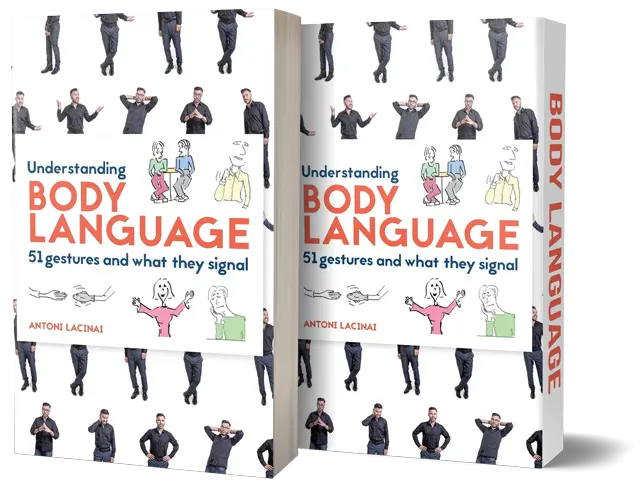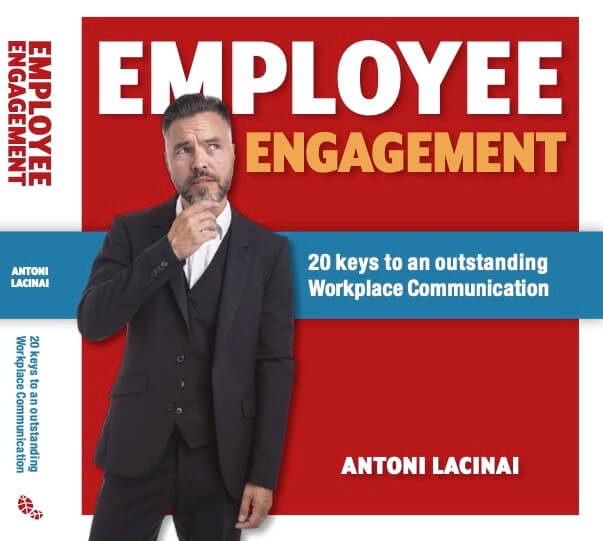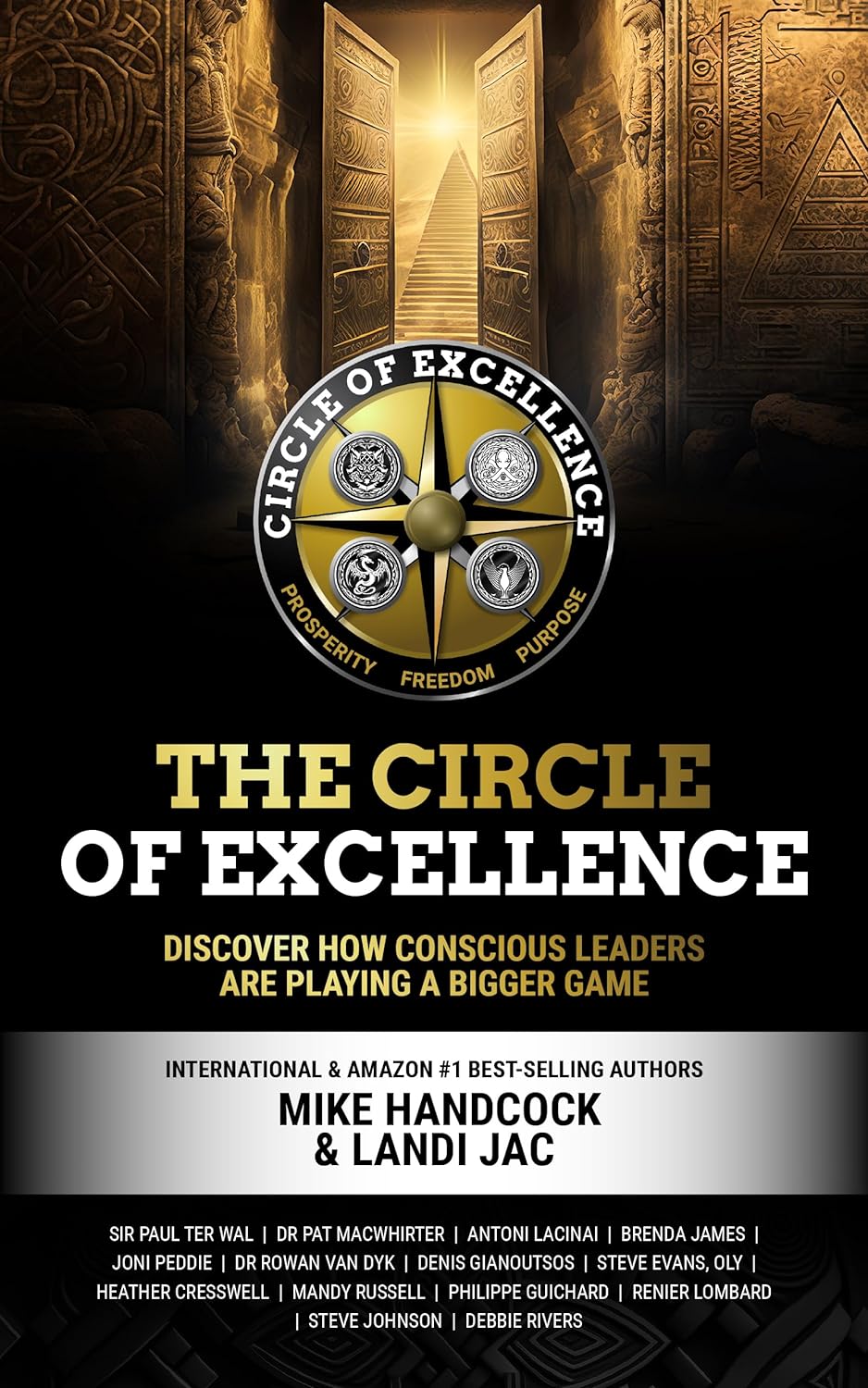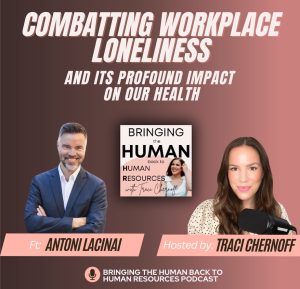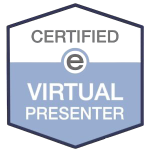Team Antoni Explains
Effective communication is the only thing that shapes human interactions. It forms a dynamic of relationships, daily experiences, and work environments. From professional collaborations to subtle nuances of personal connections, the way a person communicates plays a vital role in navigating the complexities of daily life.
This is a fundamental skill that not only fills the gap between people but also becomes a catalyst for positive outcomes, empathy, and understanding. When it comes to mutual respect, intimacy, and trust, effective communication is the cornerstone of everything. It also fosters deep connections, enhances active listening, and conveys emotions and thoughts.
We will explore multiple benefits of effective communication in everyday situations. To master this skill, we have to unravel it layer by layer.
What is an Effective Communication Skill?
In the professional industry, effective and clear communication is important for ensuring the seamless execution of tasks, enhancing team collaboration, and creating a good working environment.
1. Clarity in Expression
Concise and clear expression is paramount to avoid misinterpretations. Anyone devoted to daily practice can get a hold of this skill.
For example: “To ensure we are on the same page, let me summarize our discussion.”
2. Building Strong Connections
If you are a good listener, surely you have the capacity to become an excellent communicator. What it means is that you have to engage yourself in communication by showing a good level of interest and understanding others.
For example: “I appreciate your insights, can you elaborate on that point?”
3. Mastering Non-Verbal Communications
Communication depends a lot on your body language a.k.a. non-verbal cues.
For example: You are giving a presentation and you are doing a good job at maintaining eye contact with almost every person in the room. It is an open posture to convey credibility and confidence. A nod and a smile can reassure others that you are in the conversation.
4. Fostering Empathy
One has to foster empathy to make a deep connection and get a good understanding. This also preps you for the answers in the conversation. It is like expressing that you understand with different statements.
For example: “I can imagine what you must be going through. How can I help you with this?”
5. Constructive Feedback
People won’t be giving you feedback unless you ask them. You have to ensure to get feedback in a way that your tone doesn’t sound demanding or insisting. Your deliverance should compel the other person to give a review.
For example: “Your contribution in this meeting was valuable, explore more of this aspect in more detail next time.”
6. Adapting Communication Styles
If your audience is diverse, you have to opt for adaptable communication styles. This is beneficial for people who have to work in teams – this gives the speaker the opportunity to approach in different ways.
For example: “Let’s customize our presentation to suit the preferences of your diverse audience.”
7. Lifelong Learning for Communication Mastery
Communication is an ever-evolving skill. Keep an eye on ongoing workshops to enhance your proficiency.
For example: “I recently learned a new way for effective communication: let’s try adding it into our discussion.”
8. Navigating Conflicts with Diplomacy
Communication is the key to any conflict resolution and it requires finesse. You have to have a calm tone and soft language.
For example: “I understand that our POVs don’t match, but I believe that we can find common grounds if we explore this a bit more.”
8 Powerful Tips to Strengthen Effective Communication in Everyday Situations
Strengthening communicative skills is not a day’s work, it is a transformative journey. The more you advance on this expedition; it will foster success in everyday situations. Below are the key strategies to boost effective communication.
i. Concise and Clear Expression
Practice communication in your mind concisely and clearly. When practicing in mind, things usually go side-track, like adding language that can hinder comprehension. Keep a clear mind to ensure clarity in expression. So, when it comes to real life, you will minimize the risk of misunderstanding.
ii. Active Listening
To excel in communication, one has to be an active listener. You have to pay close attention to non-verbal and verbal cues. This will demonstrate that you are genuinely taking an interest in what other people are saying. This shows that you are respecting other people and allowing the message to be communicated at a better level.
iii. Body Language Awareness
You have to pay attention to not only your body language but also stay attuned to the signals of other people communicating with you. Non-verbal cues like gestures, postures, and facial expressions, contribute a lot to message deliverance.
iv. Understanding and Empathy
Top up your communication game, you have to show empathy. This will give you a higher perspective to understand other people’s purpose and feelings in the communication. This approach fosters a collaborative spirit and builds stronger connections.
v. Constructive Feedback
Provide and solicit constructive feedback to better your communication skills. This will provide you the opportunity to have constructive criticism and help to identify areas of improvement. This positive reinforcement will encourage continuous growth. A willingness to adapt and learn based on feedback is important.
vi. Flexibility and Adaptability
It is important to recognize the significance of adapting different communication styles to refer to multiple audiences and contexts. Flexibility in communication makes sure that your message is delivered effectively in serious situations. It could be public speaking engagements, professional settings, or personal relationships.
vii. Continuous Learning
Communication is a skill that has to be refined from time to time. Engage in continuous learning via reading materials, courses, and workshops on effective communication. Stay ahead of evolving communication technologies and trends to become a good communicator in today’s fast-paced world.
viii. Conflict Resolution Techniques
You have to equip yourself with effective communicative strategies that aid in conflict resolution. One has to learn to navigate disagreements with tact and diplomacy. This focuses on collaborative problem-solving.
Difference between Effective & None Effective Communication
Effective communication is the anchor of successful interactions which fosters positive outcomes, collaborations, and understandings. On the other hand, ineffective communication may lead to strained relationships, conflicts, and misunderstandings. Below are the common differences between effective and none effective communication.
| Effective Communication | None Effective Communication |
| Adaptability: Flexibility is essential in communication. It allows you to adapt to different contexts and communicate with varied audiences. | Inflexibility: Inflexible communication may cause resistance towards adaptability. This leads to disconnection with audiences and contexts. |
| Empathy: Effective communication shows empathy. This means you are validating and acknowledging others’ feelings and perspectives. | Lack of Empathy: Without empathy, communications can get detached and cold. |
| Active Listening: Active listening is a hallmark of effective communication. It means that you are fully focusing on the speaker and giving an equal response. | Poor Listening: Ineffective communication means the person is not attentive, has no interest, or is just distracted. This can lead to missed opportunities and misunderstandings. |
| Concise and Clear: For effective communication, the speaker should have conciseness and clarity in communication. | Ambiguity: Ineffective communications usually involve ambiguous and vague messages. This leads to confusion. |
Also, Read this >>> Difference between Hearing and Listening
Which Everyday Situations Benefit Most from Effective Communication?
There are plenty of situations around us every day that require effective communication. Below are some examples.
- Workplace dynamics
- Building strong relationships
- Enhancing personal well-being
- Conflict resolution
- Family and parenting life
- Cultural sensitivity
- Educational setting
- Effective use of technology
- Emotional intelligence
- Presentation and public speaking skills
- Social media impact
- Creativity and self-expression
Conclusion
The impact of effective communication in everyday situations can’t be exaggerated. Whether in a broader social interaction or personal or professional settings, having the ability to communicate clearly is a powerful tool to understand and build meaningful bonds. The difference highlighted between effective and ineffective communication shows the importance of adaptability, empathy, clarity, and active listening.
Effective communication not only grooms a person but also puts an end to years of conflict in one sitting. By continuously striving to improve communication skills, one can guarantee the perks of navigating the diversity of human interactions and cultivating relationships.
Frequently Asked Questions
In personal life, the impact of effective communication manifests in different ways like mental, social, and emotional well-being.
Yes, effective communication is an important work and life skill. It involves the expression of thoughts and conveying ideas in a captivating manner. In a way that others want to hear everything from you.
There are 6 key obstacles to successful communication:
1. Language and cultural variances
2. Workplace conflicts
3. Differences in communication styles
4. Lack of trust and transparency
5. Inability to listen to others
6. Disinterest or job dissatisfaction

